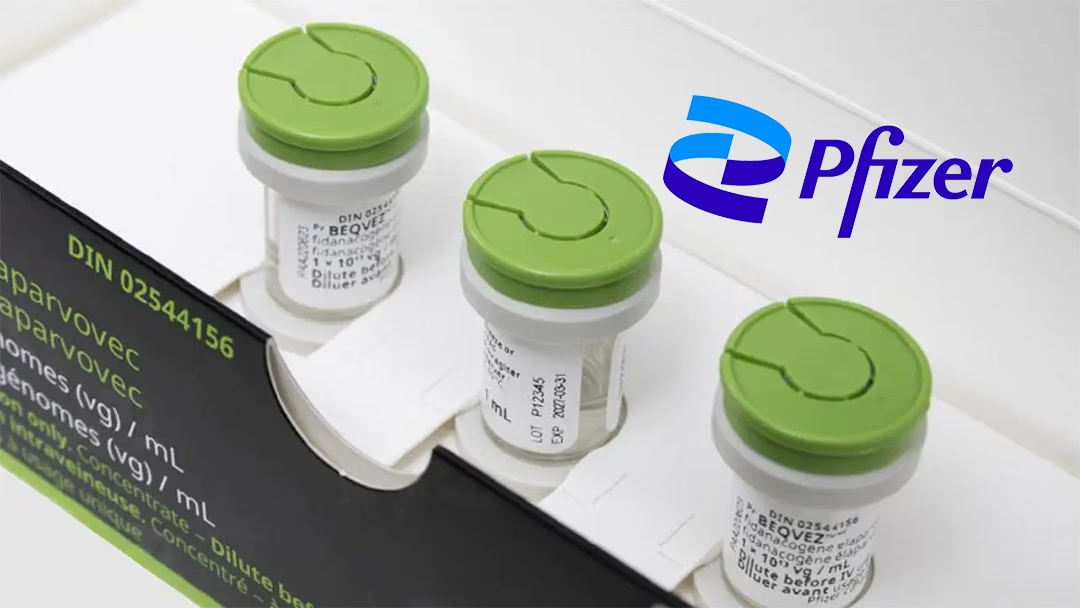Pfizer Inc. (NYSE: PFE) has terminated the development and commercialization of Beqvez (fidanacogene elaparvovec), its hemophilia B gene therapy, globally, citing “limited interest” from patients and physicians, according to reports in Nikkei Asia and Reuters. The move marks the U.S. pharma giant’s exit from virally delivered gene replacement treatments.
Decision Details
Beqvez, a one-time treatment approved in the U.S. for moderate-to-severe hemophilia B in April 2023, was priced at $3.5 million per dose. Pfizer’s decision follows a similar termination of its hemophilia A gene therapy collaboration with Sangamo Therapeutics (NASDAQ: SGMO) last year. The company cited commercialization challenges and unclear market prospects as reasons for ending both programs.
Market Context
The setback follows BioMarin Pharmaceutical’s (NASDAQ: BMRN) August 2023 restructuring of its Roctavian (valoctocogene roxaparvovec) commercial plans due to slow adoption. Roctavian, an AAV-based gene therapy for severe hemophilia A, faced hurdles despite EU (2022) and U.S. (2023) approvals. BioMarin later announced layoffs amid declining revenue forecasts.
Pfizer’s Strategic Shift
Despite exiting gene therapies, Pfizer remains bullish on hemophilia treatments. The firm continues to invest in Hympavzi, an IgG1 monoclonal antibody approved in the U.S. in October 2024 to prevent bleeding in hemophilia A and B patients. Hympavzi’s subcutaneous dosing (once weekly) contrasts with gene therapies’ one-time administration. Meanwhile, Novo Nordisk’s Mim8, a bispecific antibody with similar efficacy to Hympavzi, is set for a 2024 market filing.-Fineline Info & Tech
